“Self image is a representation of the Self within the mind. As such, it is an amalgam of how we think other people perceive us and our own senses of continuity, cohesion, power, and esteem. It is a bridge between our inner world and the rest of the society.”
~ June P. Miller III
My therapeutic approach with children, adolescents, adults, and older adults is informed by theories and research on development, attachment, affect regulation, neurobiology, adverse childhood events, and trauma-focused practices. My treatment planning and clinical approach is guided by the integration of psychological theories in assessing an individual’s developmental, cultural, familial, and interpersonal history. Through psychotherapy, I aim to provide a psychologically holding environment that hopes to foster safety, explorative understanding, and containment of an individual’s personal meaning and psychological pain.
Child Play Therapy
The therapeutic work with children will be through Play Therapy, informed by the tenets from child-centered therapy, psychoanalytic therapy, psychodynamic therapy, object-relations therapy, child-parent psychotherapy, and attachment-based therapy.
Parents are the most important people in the child’s life, thus, parental involvement is crucial and necessary in the overall psychotherapeutic treatment of the child. Parents may be involved in Dyadic Play Therapy sessions and in regular Parent Collateral sessions to discuss impressions and recommendations to address the child’s needs.
Developmental considerations inform the child’s psychotherapeutic treatment. Play therapy is designed with the child in mind, using the language of play. This treatment model is created to meet the unique needs of children within their developmental capacities. Each psychotherapy session with both the child and the parent aims to emphasize understanding of the child’s mental and emotional world.
“It is playing and only in playing that the individual child or adult is able to be creative and to use the whole personality, and it is only in being creative that the individual discovers the Self.”
~ DW Winnicott
“We may think of early childhood as a gradual process of the building up of belief. Belief in people and things is built up little by little through innumerable good experiences.”
~ DW Winnicott
Adolescent Therapy
The therapeutic work with adolescents underscores the importance of attachment and development. My approach with working with adolescents is informed by the guiding concepts of brain development, self psychology, interpersonal process therapy, and object relations therapy.
As in my work with children, adolescents and their relationship with their parents is pivotal in the development of the adolescent’s intellectual, social, emotional, and self regulation skills. As such, collaborative work with parents is important and necessary throughout the treatment of the adolescent.
In the adolescent’s treatment, it is essential to foster a sense of safety, allowing for deeper explorations, reflections, and candid dialogues so that teens may learn to navigate difficult interpersonal interactions.
“Adolescents are not yet adults, and when the parents rescind their parental responsibilities prematurely, the adolescents are left without the support and protection they need- even from their own desires and impulses. Parents do need to confirm their child’s trustwothiness as well as their capacities to assume responsibility for themselves.”
~ Lidz
“The work of adolescence- the testing of boundaries, the passion to explore what is unknown and exciting- can set the stage for the development of core character traits that will enable adolescents to go on to lead great lives of adventure and purpose.”
~Dan Siegel
Adult Therapy
The core of selfhood, as based on an internalized image from experiences with self and others, tends to play out in current relationships and in navigating the world, may it be through tasks, goals, or meaning-making.
Through psychotherapy, one may explore and reflect upon the factors that get in the way of navigating and adapting to life stressors. Unusual or dramatic shifts in behaviors or relationships may be signs of psychological distress. This may include expressions of hopelessness and despair, feelings of rejection or loneliness, helplessness or inability to cope, dramatic changes in eating habits, sleep, or energy, and use of maladaptive or ineffective coping strategies.
In my work with adults, I utilize an integrative treatment strategy indicated by the specificity of the individual’s needs. I offer a psychologically holding environment that would attempt to contain the adults’ inner psychological pain through reflections, explorations, and rediscovery of the Self.
“Development is a continuous process. As in the development of the body, so is the development of the personality and in the development of the capacity for relationships.”
~ DW Winnicott
“We never know when we’re going to fall apart or sit up tall. When there’s a big disappointment, we don’t know if that’s the end of the story. It may just be the beginning of a great adventure. Getting the knack of catching ourselves, of gently and compassionately catching ourselves, is the path of the warrior.”
~ Chodron
